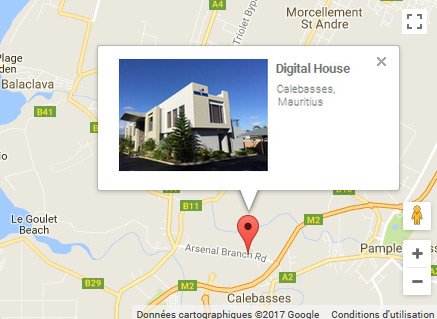Ignore your voice reservations channel at your peril
The voice reservations channel continues to diminish, but has it gone extinct? Here’s why hoteliers should continue to capture phone reservations and claim more direct bookings.
As hotel distribution and marketing executives continue to obsess over recapturing share from online travel agencies and increasing direct bookings, many are still overlooking their voice reservations channel as a resource to accomplish both.
Perhaps it is because for more than 15 years, hoteliers have seen media reports about the dramatic growth in online bookings and the simultaneous decline in voice reservations. However, rather than reading the headlines, hoteliers should carefully consider their own situation and measure the importance of voice reservations specific to their hotel.
While it is true that hotels carrying the flags of major brands have indeed seen dramatic falloff in voice reservations, if managers take a moment to listen to the calls their staff receives every day asking for “in-house reservations,” even they would be surprised. They would find out that many of those who surf OTA websites also call to double-check the rate offer and perceive that they are going to get the best value by speaking with someone at the hotel, which results in a daily opportunity to capture direct bookings.
Hoteliers at many types of hotels and resorts have seen voice channel contribution hold steady. This is especially true in certain market segments where voice is still a major contributor, such as independents, boutiques and other “non-standardized” lodging operations such as “condotels” and vacation rental companies. At some properties, voice direct is still the No. 1 segment, such as many destination resorts, all-inclusive resorts and ultra-luxury properties. In short, the higher the rate, the longer the stay and the more emotionally engaging the purpose of travel, the more likely it is that a guest will make a phone call to book his or her stay.
Yet, as an industry, the marketing, revenue and distribution executives tend to give the voice channel little attention. Think about your own experiences: When was the last time you attended a conference breakout session on managing the voice channel? Conversely, how many sessions have you participated in regarding electronic or online distribution?
The latest numbers reported by TravelClick—which indicated just last week that voice bookings continue to decline—still showed that when you combine direct (19.1%) and central reservation systems (13.8%), the voice channel (32.9%) is the second-highest source of business, right behind brand.com at 35.3%. (Note: TravelClick indicated that its “direct” booking numbers also include walk-ins.)
Could voice be contributing even more bookings to your market mix? If the informal test that I conducted personally in a 2014 column is any indication, if your central reservations office focuses on sales techniques tailored for today’s era, I would say definitely so.
Another reason to focus on the voice channel is the interplay between voice calls and online bookings. When training front-line reservations agents at all types of hotels and call centers, I consistently find they report receiving countless calls from those who are shopping online. Most are calling to double-check the rate offers they are seeing. A properly trained reservations agent can easily convince a high percentage of those shopping online to go ahead and book via phone.
Yet, most of the agents who participate in our workshops for the first time have never even heard of this concept and have no idea of the hefty commission fees that their hotels pay. They are eager to help when asked to do so. When shopping for reservations with new clients, we often ask them directly: “I see that same rate online. Should I book it with you or there?” The most frequent response is “Whichever you prefer.”
With a little nudge, most callers will agree. For example, “Let me lock this in for you right now; I’ll book you directly into our system and take care of your special request.” Many guests these days prefer to book directly if the rates are the same and if it is convenient, as they are aware ofthe challenges that can happen when a third party is involved.
Besides channel converting guests, remember that those fielding your reservations calls are also the “first-impression makers” for the overall hotel experience. A good percentage of those who have already booked online call directly afterward to reconfirm and verify their details. A well-trained agent will not only create a positive first impression but also will ask for an email: “Yes, Mr. Kennedy, we have you all set and if I may just add your email to the reservation.” Thus, this captures an important marketing resource to promote future direct bookings.
Source: hotelnewsnow.com

